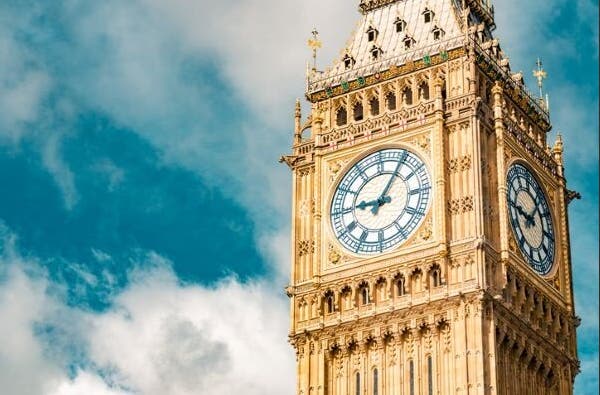Peter Kyle has positioned AI adoption as central to the UK’s technological and geopolitical standing

A proposal to give every UK resident premium access to OpenAI’s ChatGPT was discussed earlier this year by technology secretary Peter Kyle and OpenAI CEO Sam Altman.
The idea, which could have cost as much as £2 billion, was raised during meetings in San Francisco as part of wider discussions on how the UK might collaborate with OpenAI, according to The Guardian. Sources told the newspaper that Kyle never viewed the “nationwide subscription” concept as viable, but its consideration highlights the scale of ambition underpinning the government’s engagement with big AI vendors.
OpenAI currently offers ChatGPT in free and paid tiers, with ChatGPT Plus priced at $20 (£15.80) per month. The subscription provides faster response times and early access to new features. While millions of UK users already access the free version daily, the UK remains one of OpenAI’s top five markets for paid subscriptions.
OpenAI–UK agreement shifts focus to public services
Kyle has met with Altman on several occasions. In July, the Department for Science, Innovation and Technology (DSIT) signed a memorandum of understanding with OpenAI to explore the use of its software across public services. Although non-binding, the agreement could see OpenAI technology trialled in education, defence, healthcare and justice.
The UK government has actively courted AI investment, signing separate agreements with Google DeepMind and Anthropic this year. Kyle has positioned AI adoption as central to the UK’s technological and geopolitical standing, arguing that nations at the forefront of AI development will wield greater influence in global decision-making.
Concerns over copyright
However, the growing ties between Westminster and Silicon Valley are not without controversy. Critics warn that government enthusiasm risks cementing dependence on a handful of large US vendors, while sidelining smaller domestic firms. UKAI, an industry body, has repeatedly called for greater support for homegrown AI developers.
Concerns around copyright and data usage remain unresolved, too. Artists including novelist Kate Mosse and musician Paul McCartney have criticised government proposals that would allow AI companies to train models on copyrighted work unless rights-holders actively opt out. Campaigners argue this would favour US firms at the expense of UK creatives.
A government spokesperson stressed that no proposal to extend ChatGPT Plus nationwide has been pursued, adding that its focus remains on testing new technologies rigorously before deployment. OpenAI, meanwhile, said its “shared goal is to democratise access to AI” and confirmed it is in discussions with multiple governments.
The company has already signed a deal with the United Arab Emirates to roll out ChatGPT across public services, suggesting that national-level partnerships could become a template for future expansion.

